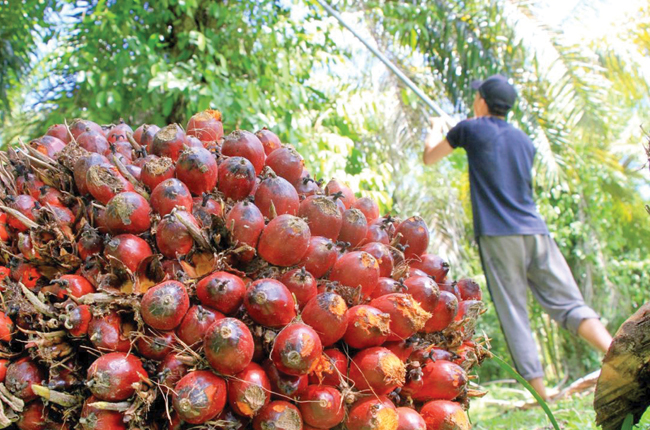126
The Sri Lanka plantation sector has suffered in the recent past due to poorly judged and economically unviable decisions by two previous governments.
“First was the banning of specific agro-chemicals, followed by an abrupt shift towards 100% organic farming without a proper economic evaluation,” said PAC, Chairman, Sunil Poholiyadde.
“These decisions have severely impacted the commercial viability of the plantation sector, as sustaining agriculture without proper chemicals and adequate fertilizer is impossible. Another key setback was the ban on oil palm cultivation, despite increasing rainfall patterns in low-grown areas that make these regions ideal for oil palm rather than rubber.
The private sector had already identified this shift and in the early 2000 s, commenced planting Oil palm as the next commercially viable crop. The initial target was 20,000 hectares, but the government halted expansion after 11,000 hectares had been planted.
“As a result, the industry now faces a situation where high rainfall makes rubber cultivation unfeasible, yet oil palm expansion cannot proceed due to the imposed ban.”
Oil palm cultivation, valued for its adaptability to current climatic conditions and low labor requirements, has driven agricultural prosperity in Malaysia and Indonesia. Sri Lanka can similarly benefit, especially in low-grown areas with increased rainfall that are unsuitable for rubber but ideal for oil palm.
With sustainable cultivation practices in place, resuming the expansion of Oil palm is crucial for boosting the profitability of Sri Lanka’s plantation sector.





